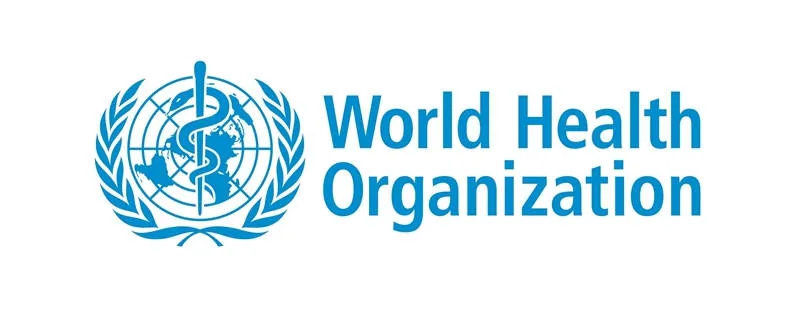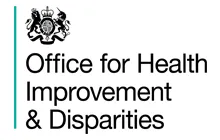The Dental Public Health Research Group are an international group of experts in public health, epidemiology and health services. We work collaboratively with colleagues around the world to conduct mixed methods research aiming to improve population oral health, reduce oral health inequalities, and strengthen the organisation and delivery of dental services.
Our Partners
Office for Health Improvement & Disparities
Peking University School of Stomatology
Finnish institute for Health and Welfare (THL)
Universidad Nacional Autónoma de México

World Health Organization

Office for Health Improvement & Disparities

Peking University School of Stomatology

University of Portsmouth
Group leads
Contact us
Professor Jennifer E Gallagher MBE (Jenny) jenny.gallagher@kcl.ac.uk (lead)
Dr Wael Sabbah wael.sabbah@kcl.ac.uk
Rakhee Patel rakhee.patel@kcl.ac.uk
Phone number: 0203 299 5171



